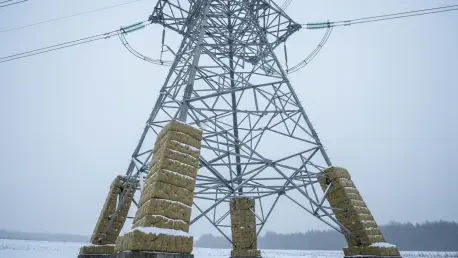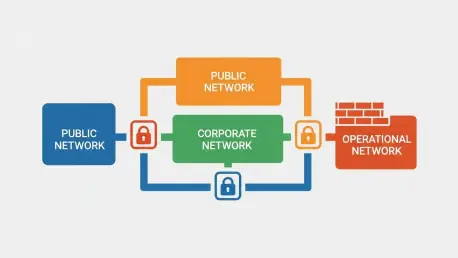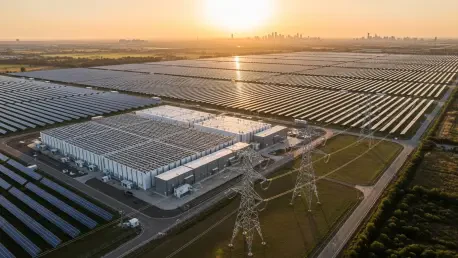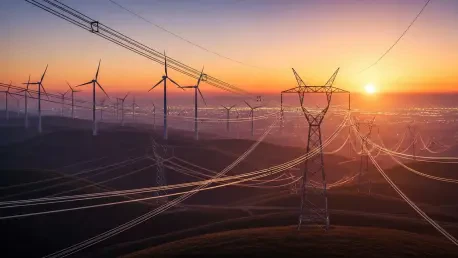
Introduction The forecast of an arctic blast sweeping across Texas inevitably brings a chill that goes beyond the dropping temperatures, stirring memories of the widespread power failures of the past. As the state braces for another significant winter storm, questions about the electric grid's

The most significant breach of a nation's critical infrastructure might not begin with a sophisticated, never-before-seen cyberweapon, but with a forgotten password on an unpatched firewall. A new and alarming front has opened in cyber warfare, where Russia-linked threat actors are systematically

The race for artificial intelligence supremacy is rapidly being redefined not by processing power alone but by the colossal energy appetite required to sustain it, prompting a trillion-dollar debate over the future of the world's power infrastructure. As the digital and physical worlds converge,

In a dynamic energy sector undergoing a monumental transition, Advait Energy Transitions has carved out a significant niche, demonstrating a remarkable trajectory fueled by strategic acquisitions and a laser-focused approach to green infrastructure. The company’s recent activities in late 2025 and

The intricate dance of balancing energy supply and demand across vast electrical grids has become one of the defining technological challenges of our time, a problem made exponentially more complex by the intermittent nature of renewable energy sources. Into this high-stakes environment has emerged

Poland is currently navigating a profound and comprehensive transformation of its alternative fuels market, a strategic pivot driven by the inescapable necessity of aligning with the European Union's demanding climate and energy mandates. This national overhaul represents more than a simple policy